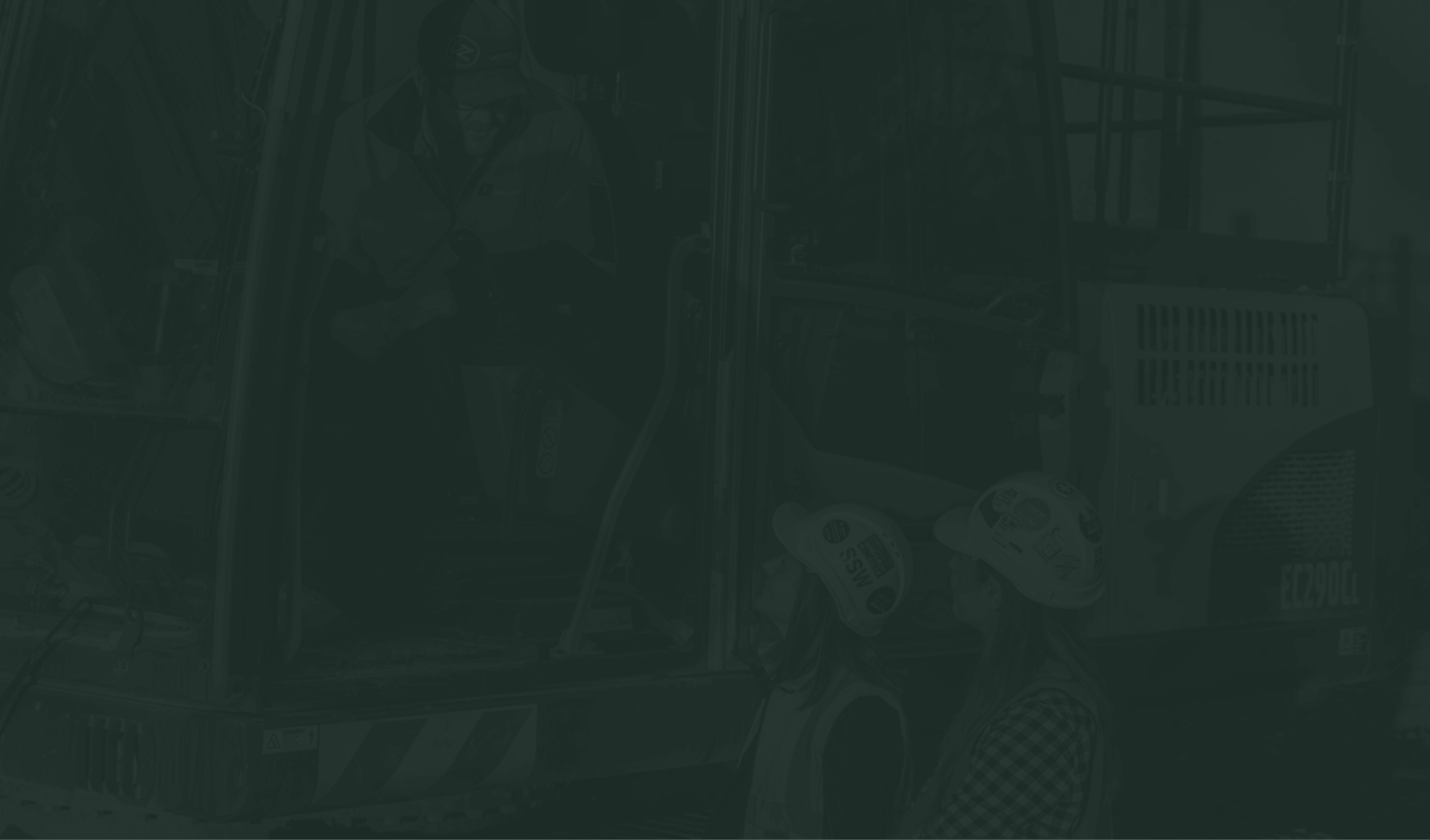Unearthing the foundations of Success: The Benefits of using Geotechnical Testing in Construction
|
Beneath the surface of every awe-inspiring structure lies a secret to its stability, resilience, and longevity. It’s the power of geotechnical testing.
Geotechnical testing plays a vital role in the construction industry, providing valuable insights and data about the properties and behaviour of the soil and rock formations at a construction site. These tests are conducted to assess the suitability of the ground for construction, mitigate potential risks, and ensure the long-term stability and safety of structures. In this article, we will delve into the numerous benefits of using geotechnical testing in construction projects.
1. Site Selection and Feasibility: Geotechnical testing enables engineers and developers to make informed decisions during the site selection process. By analysing the soil composition, strength, and stability, geotechnical tests determine whether a site is suitable for construction, helping avoid costly mistakes and potential hazards. This early assessment aids in project feasibility studies and ensures the optimal utilisation of resources.
2. Foundation Design and Stability: Further, geotechnical testing provides critical data for designing appropriate foundation systems. Understanding the soil’s bearing capacity, settlement characteristics, and compressibility helps engineers determine the most suitable foundation type, whether it’s shallow foundations, deep foundations, or specialized techniques like pile driving or soil stabilization. By accurately assessing the ground conditions, geotechnical testing ensures the long-term stability and durability of structures.
3. Risk Mitigation: One of the significant benefits of geotechnical testing is its ability to identify potential risks and hazards before construction begins. Tests such as slope stability analysis, and seismic evaluations help engineers identify areas prone to landslides, sinkholes, or seismic activity. Armed with this information, engineers can implement appropriate mitigation measures, such as slope stabilization techniques or foundation reinforcements, reducing the risk of accidents and structural failures.
4. Cost-Effective Design: Geotechnical testing helps optimize construction designs, leading to cost-effective solutions. By providing accurate data on soil characteristics, engineers can tailor the design to the specific ground conditions, avoiding over-engineering or unnecessary expenses. This optimization also minimizes the risk of costly repairs or modifications later in the project, saving time and resources.
5. Regulatory Compliance: Many construction projects require compliance with local building codes and regulations. Geotechnical testing helps ensure adherence to these requirements. By conducting tests and providing comprehensive reports, engineers can demonstrate compliance with soil and foundation guidelines, ensuring the safety and integrity of structures and meeting regulatory obligations.
6. Environmental Considerations: Geotechnical testing accounts for environmental considerations during construction projects. By assessing soil permeability, groundwater conditions, and potential contaminant pathways, engineers can design appropriate measures to protect the environment and groundwater resources. This ensures sustainable construction practices and minimizes the impact on surrounding ecosystems.
7. Structural Performance and Durability: Geotechnical testing provides insights into the soil-structure interaction, allowing engineers to design structures that can withstand the imposed loads and environmental conditions. By accurately assessing soil settlement, consolidation, and lateral earth pressures, engineers can optimize structural designs, ensuring the long-term performance, durability, and safety of the constructed facilities.
Geotechnical testing is an indispensable component of the construction industry, offering numerous benefits to engineers, developers, and stakeholders. By providing valuable insights into soil properties, behaviour, and risks, these tests enable informed decision-making, cost-effective design, and the mitigation of potential hazards. From site selection to foundation design, regulatory compliance, and environmental considerations, geotechnical testing plays a pivotal role in ensuring the stability, safety, and long-term success of construction projects.
|



